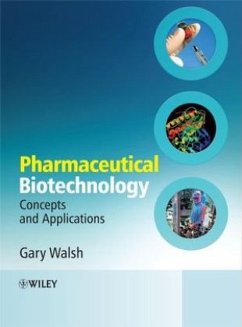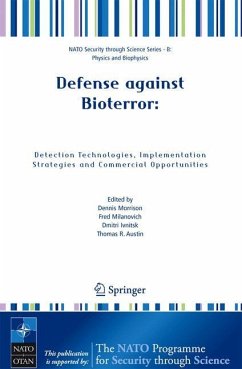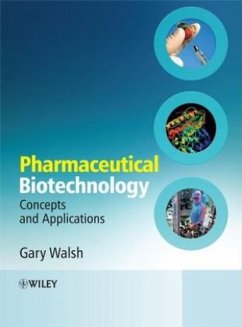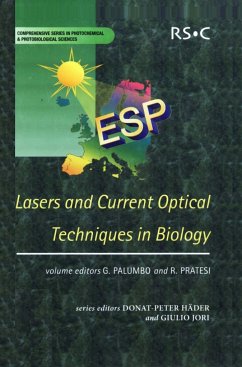
Liposomes in Analytical Methodologies

PAYBACK Punkte
94 °P sammeln!
Liposomes in Analytical Methodologies provides up-to-date consideration of actively researched techniques, written by expert investigators in their respective fields from a perspective not readily available in the primary literature. The introductory chapter serves as a primer for readers entering the area as well as a refresher for those with existing background to understand the fundamentals and broad application of liposomes for analytical purposes. With topics ranging from liposome arrays that exhibit environment-dependent color changes to exquisite fluorescent imaging, readers will gain a...
Liposomes in Analytical Methodologies provides up-to-date consideration of actively researched techniques, written by expert investigators in their respective fields from a perspective not readily available in the primary literature. The introductory chapter serves as a primer for readers entering the area as well as a refresher for those with existing background to understand the fundamentals and broad application of liposomes for analytical purposes. With topics ranging from liposome arrays that exhibit environment-dependent color changes to exquisite fluorescent imaging, readers will gain an appreciation for the versatile utility that liposomes can add to the analytical toolbox.













